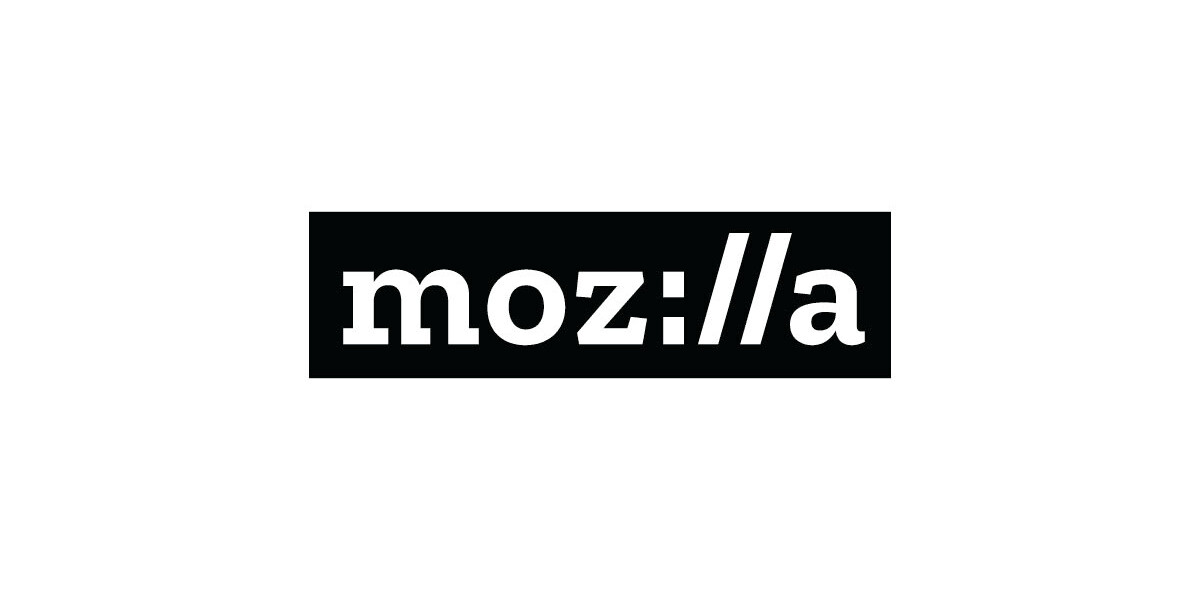
October 2012 was quite a month in browser land. Microsoft shipped IE10 with Windows 8 last week. Google lost share for the second month in a row. Mozilla had to pull Firefox 16 due to a security hole, but recovered rather quickly. After all that, the latest market share numbers from Net Applications show that IE was the only big winner last month.
Between September and October, Internet Explorer gained an impressive 0.50 percentage points. Firefox meanwhile lost 0.09 percentage points, Chrome fell a sizeable 0.31 percentage points (more than in September), and Safari lost 0.05 percentage points. Even Opera managed to gain 0.01 percentage points.

At 54.13 percent, Internet Explorer seems to be growing once again, ensuring it won’t lose half the market share pie anytime soon. Windows 8 is out, and since Windows 7 won’t be getting IE10 anytime soon, it’s all up to the new operating system to keep things moving forward.
IE9, the latest and greatest from Microsoft until last Friday, captured 20.11 percent of the market last month (up by 0.66 percent percentage points), passing the one-in-five mark for the first time. IE8 lost a sizeable 0.41 percentage points, but it’s still the world’s most popular browser. IE7 fell 0.19 percentage points and IE6 fell 0.37 percentage points (losing everything it somehow managed to gain the previous month). Everyone can’t wait for it to fall below the 5 percent mark, but that won’t happen for a few more months; even Microsoft wants it to die; but China isn’t letting that happen.

At 19.99 percent, Firefox has once again lost its title for owning one-fifth of the market. Firefox 16 only captured 5.84 percent, but that’s simply because it hasn’t had a full month of availability yet. Firefox 15, which is at 7.82 percent, lost 3.09 percentage points, Firefox 14 dropped 2.13 percentage points, and Firefox 13 dipped 0.16 percentage points. Firefox is doing quite well in pushing new versions to its users, but it’s still nothing when compared to Google’s Chrome.

At 18.55 percent, Chrome is still just behind Firefox. I said previously that September’s 0.27 percentage point drop was likely just a blip, but clearly I was wrong. Right now, it’s not looking as likely as before that Chrome will pass Firefox, though I’m still confident it will happen sooner rather than later.
Chrome 22 captured an astounding 15.02 percent of the market, up 13.25 percentage points. Chrome 21 meanwhile fell 13.63 percentage points, Chrome 20 dropped 0.11 percentage points, and Chrome 19 dipped 0.03 percentage points. The majority are now on the latest version, and yet Chrome 23 is just around the corner.
I said previously that I expected IE9 to pass IE8, for Chrome to pass Firefox, and for IE10 to start a steady growth, all before the end of the year. The first one is going to be close, the second one is looking shaky, and there’s nothing yet to indicate one way or the other for the last one.
Net Applications uses data captured from 160 million unique visitors each month. The service monitors some 40,000 Web sites for its clients.
Image credit: Hugo Humber
Get the TNW newsletter
Get the most important tech news in your inbox each week.




